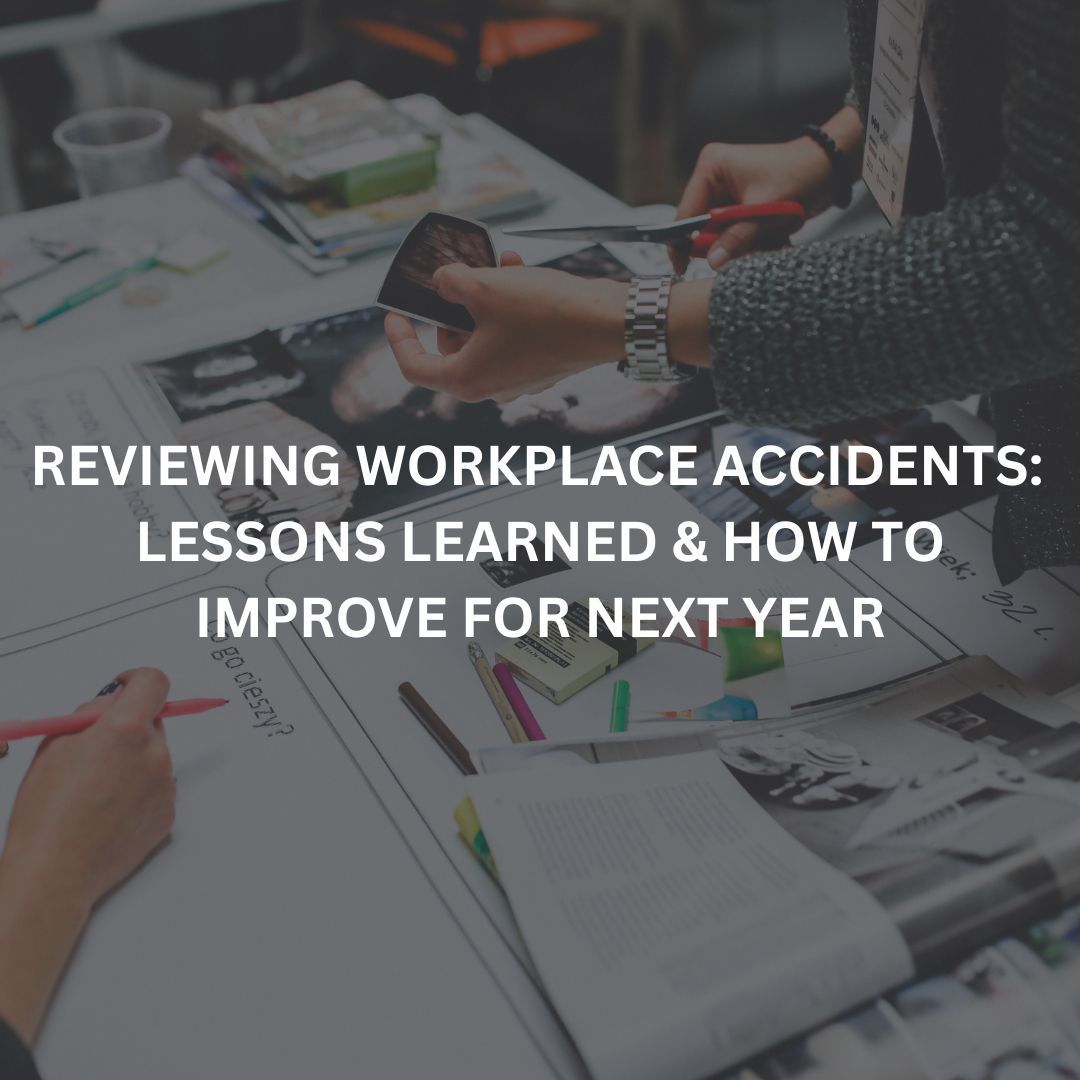How to Improve Visibility and Awareness While Operating a Forklift
Forklift operation requires a high level of awareness to prevent accidents and maintain a safe working environment. Poor visibility is one of the leading causes of forklift-related incidents, increasing the risk of collisions with objects, equipment, or pedestrians. By implementing the right safety measures, businesses can reduce these risks and enhance workplace safety. In this guide, we’ll explore the role of mirrors, cameras, and pedestrian awareness in improving forklift visibility.
Why Visibility Matters in Forklift Operations:
Limited visibility is a major hazard in warehouses, construction sites, and distribution centres. Forklift operators often deal with blind spots, obstructed views due to large loads, and tight working spaces. Without proper visibility, accidents such as collisions, tip-overs, and injuries become more likely. Investing in forklift training services ensures that operators understand how to manage these risks effectively.
Key Ways to Improve Forklift Visibility and Awareness
1. Use Forklift Mirrors for a Wider View
Mirrors play a crucial role in forklift training and daily operations by helping drivers monitor their surroundings more effectively. Many forklifts come equipped with rearview and side mirrors, but additional convex mirrors can further enhance visibility.
How mirrors improve safety:
- Reduce blind spots by providing a wider field of view.
- Help operators see approaching pedestrians and obstacles.
- Improve rear visibility, reducing the risk of reversing accidents.
Best practices:
- Regularly clean and inspect mirrors for damage.
- Adjust mirrors properly before operation.
- Train operators on how to use mirrors effectively as part of their health and safety training services.
2. Install Forklift Cameras for Enhanced Monitoring
Forklift-mounted cameras are becoming increasingly popular in workplaces that require precision and safety. These cameras provide real-time video feeds, allowing operators to see blind spots and navigate tight spaces more safely.
Benefits of forklift cameras:
- Improve rear and side visibility when reversing or manoeuvring.
- Help operators see high or low areas when handling loads.
- Increase accuracy when positioning pallets or navigating narrow aisles.
How to implement cameras effectively:
- Install front, rear, and overhead cameras for full visibility.
- Ensure cameras have night vision or low-light capability for dark environments.
- Train operators on how to use camera systems as part of their forklift training services.
3. Prioritise Pedestrian Awareness
Pedestrian safety is a key component of health and safety training services for forklift operators. Worksites often have both forklifts and pedestrians moving in the same space, increasing the risk of collisions.
How to improve pedestrian awareness:
- Use floor markings and designated pedestrian walkways.
- Install warning signs and flashing lights in high-traffic areas.
- Train employees on pedestrian safety protocols during forklift training.
4. Improve Lighting in Work Areas
Poor lighting can make it difficult for forklift operators to see hazards and pedestrians. Well-lit environments improve reaction time and visibility.
How lighting enhances safety:
- Reduces the risk of collisions in low-visibility areas.
- Helps operators read signs, labels, and floor markings clearly.
- Improves pedestrian visibility, making it easier for workers to see approaching forklifts.
5. Invest in Comprehensive Forklift Training Services
No safety measure is effective without proper forklift training. Operators must understand how to manage visibility challenges and use safety equipment effectively. At Sabretec Training, we provide expert forklift training services ensuring compliance, workplace safety and that operators are trained and qualified. Contact us
for advice on the best course for you and to book your forklift training courses.









